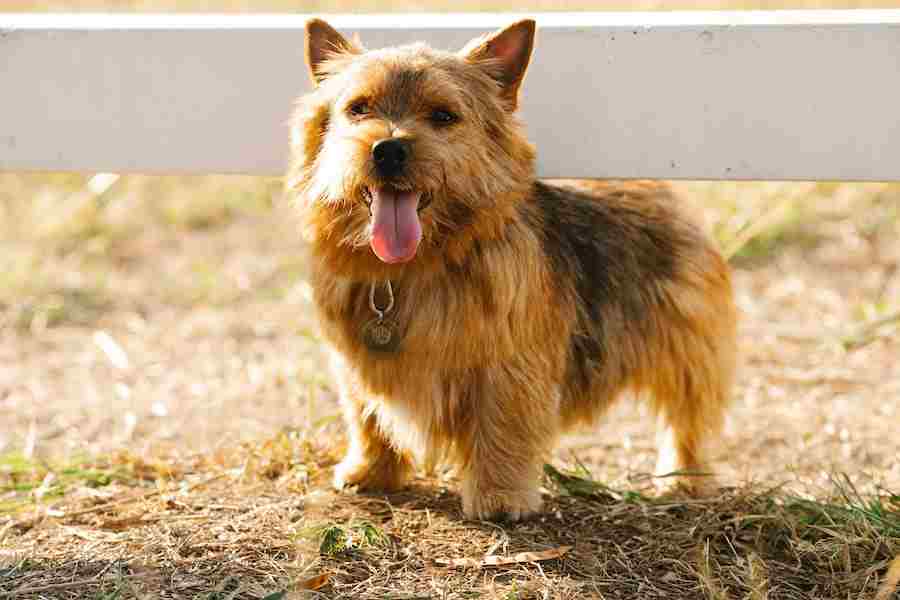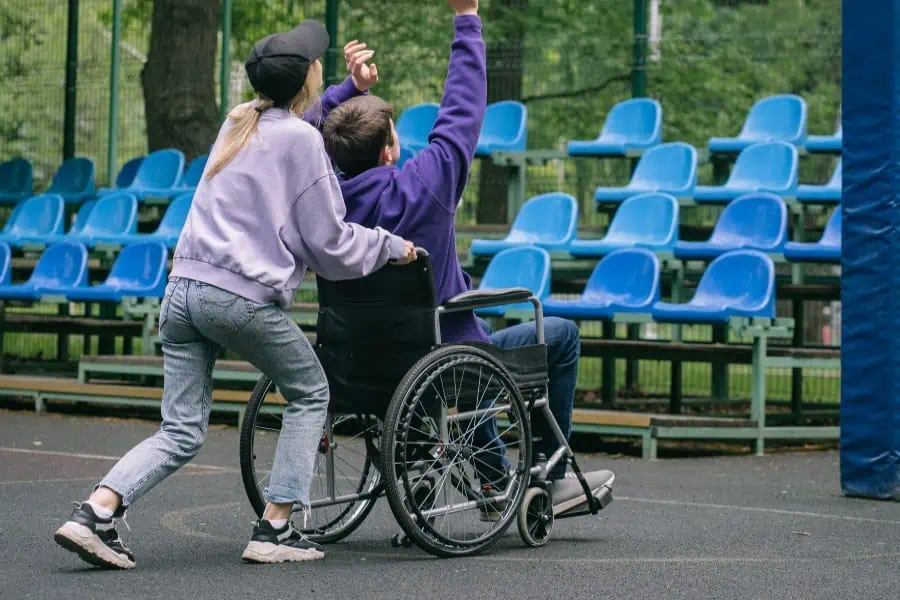Puppy owners face challenges in teaching their furry companions to relieve themselves outside. Understanding the reasons behind their reluctance to pee outside is crucial for establishing a harmonious living environment for both you and your new addition.
In this blog post, we will explore the various factors that could be contributing to your puppy’s aversion to outdoor elimination. From insufficient training and lack of routine to potential medical issues and environmental factors, we’ll delve into the possible explanations behind your puppy’s behavior. Moreover, we will provide practical tips and strategies to help you navigate through this crucial stage of your puppy’s development.
Why Won’t My Puppy Pee Outside?
Puppy not peeing outside can be due to insufficient training, lack of routine, fear or anxiety, medical issues, incomplete housetraining, or distractions. Consistency, routine, and positive reinforcement are crucial for housebreaking success. Addressing these issues with patience, positive support, and a calm approach can help your puppy learn appropriate bathroom habits. Consult a professional dog trainer for personalized guidance.
Fear or Anxiety
Puppies are highly sensitive creatures, and the great outdoors can be overwhelming for them. Strange noises, unfamiliar scents, or even the presence of other animals may trigger fear or anxiety, making them hesitant to relieve themselves outside.
Inadequate Training
House training requires consistency and patience. If your puppy hasn’t received proper training or been exposed to a routine, it may not understand the concept of peeing outside. It’s essential to establish a clear and consistent training regimen to teach them where and when it’s appropriate to go.
Medical Issues
Sometimes, underlying medical conditions can hinder a puppy’s ability to control their bladder. Urinary tract infections, bladder stones, or other health problems can cause discomfort or pain during urination, leading to an aversion to peeing outside.
Distractions
The world outside is full of distractions for a curious puppy. They might be more interested in exploring their surroundings, chasing leaves, or playing with other animals than focusing on their bathroom needs. These distractions can divert their attention away from the task at hand.
Weather Conditions
Extreme weather conditions, such as heavy rain, strong winds, or scorching heat, can make it uncomfortable for puppies to go outside. They might resist going out in unfavorable weather, preferring the comfort of indoors.
Strategies to Encourage Outdoor Elimination
Now that we understand some of the reasons why your puppy may be hesitant to pee outside let’s explore effective strategies to encourage outdoor elimination:
Establish a Consistent Routine:
Dogs thrive on routine, and establishing a consistent schedule for bathroom breaks is crucial. Take your puppy outside at regular intervals throughout the day, such as after meals, naps, or playtime. This routine will help them understand when and where it’s appropriate to pee.
Use Positive Reinforcement:
Positive reinforcement is a powerful tool in dog training. Whenever your puppy successfully pees outside, reward them with praise, treats, or their favorite toy. This positive association will motivate them to repeat the behavior in the future.
Create a Designated Bathroom Area:
Designate a specific area in your yard as the puppy’s bathroom spot. Take them to that spot every time they need to eliminate. The consistent smell and familiarity will signal to your puppy that it’s an appropriate place to pee.
Manage Indoor Accidents Properly:
Accidents are bound to happen during the house training process. When your puppy has an accident indoors, avoid scolding or punishing them. Instead, calmly clean up the mess using an enzymatic cleaner to eliminate any lingering scent that may attract them to that spot again.
Gradually Introduce the Outdoors:
If your puppy seems fearful or anxious about going outside, start by introducing them to the outdoors in small increments. Take them to a quiet, secure area, gradually increasing exposure. This gradual approach will help them build confidence and feel more comfortable outside.
Seek Veterinary Advice:
If you’ve tried various strategies without success, it’s essential to consult your veterinarian. They can assess your puppy’s health and rule out any underlying medical conditions that may be contributing to their reluctance to pee outside.
What Is The Most Difficult Dog To Toilet Train?
Bulldogs: Bulldogs, particularly English Bulldogs and French Bulldogs, are notorious for their stubbornness. They have a strong will and can be resistant to following commands, including those related to house training. Patience and a consistent routine are key when potty training a Bulldog.
Dachshunds: Dachshunds, also known as Wiener dogs, are intelligent but can be independent thinkers. This independent streak can make them less inclined to adhere to a strict potty training regimen. It’s important to establish a clear routine and provide ample opportunities for outdoor elimination with Dachshunds.
Chihuahuas: Chihuahuas are small but mighty when it comes to their personalities. They can be stubborn and territorial, which may make them more challenging to house-train. Early and consistent training is essential for Chihuahuas to grasp the concept of potty training.
Siberian Huskies: Huskies are beautiful and energetic dogs but can be stubborn and independent. They have a strong prey drive and a tendency to wander off, making it difficult to keep them focused on potty training. Consistency, positive reinforcement, and ample exercise are crucial for successful house training a Siberian Husky.
Basset Hounds: Basset Hounds have a laid-back and stubborn nature, which can pose challenges during potty training. Their strong sense of smell may also distract them from the task at hand. Establishing a consistent routine, using positive reinforcement, and being patient is key when potty training a Basset Hound.
Conclusion
House training a puppy can be a challenging endeavor, but with patience, consistency, and understanding, you can overcome the hurdle of getting your puppy to pee outside. Remember to address any underlying fears or anxieties, establish a consistent routine, and use positive reinforcement to encourage the desired behavior. Seek veterinary advice if necessary, and don’t forget that accidents are a normal part of the learning process. Stay committed, and soon your puppy will become a pro at outdoor elimination. So, stay positive, keep training, and enjoy the wonderful journey of raising a happy and well-trained furry companion.
FAQ’s
Why is my puppy urinating frequently but not outside?
If your puppy is urinating frequently indoors but refuses to go outside, it could indicate a lack of understanding or incomplete house training. Ensure you follow a consistent routine and provide ample opportunities for outdoor elimination.
Can fear affect a puppy’s ability to pee outside?
Yes, fear can significantly impact a puppy’s willingness to pee outside. If your puppy appears fearful or anxious, it’s important to create a calm and safe environment and gradually expose them to outdoor settings.
What should I do if my puppy refuses to go outside in bad weather?
During inclement weather, consider providing alternative options for your puppy to relieve themselves indoors, such as puppy pads or a designated indoor area with artificial grass. However, continue encouraging outdoor elimination whenever possible.








